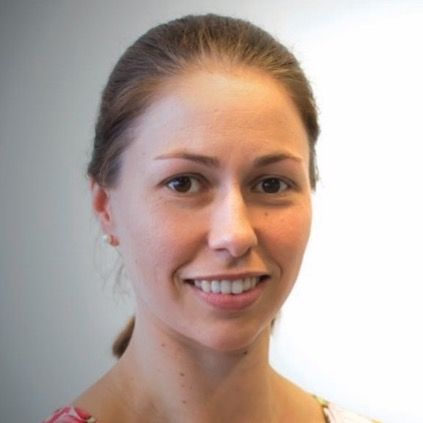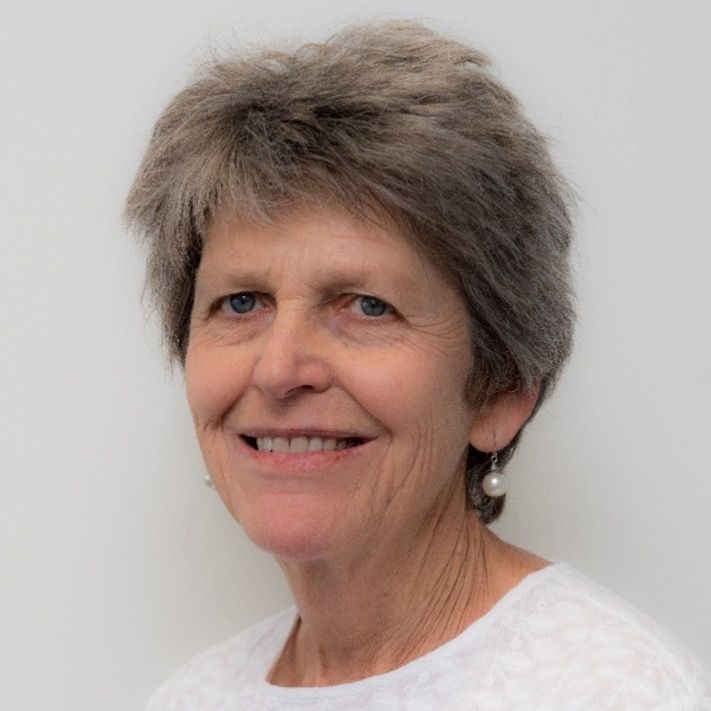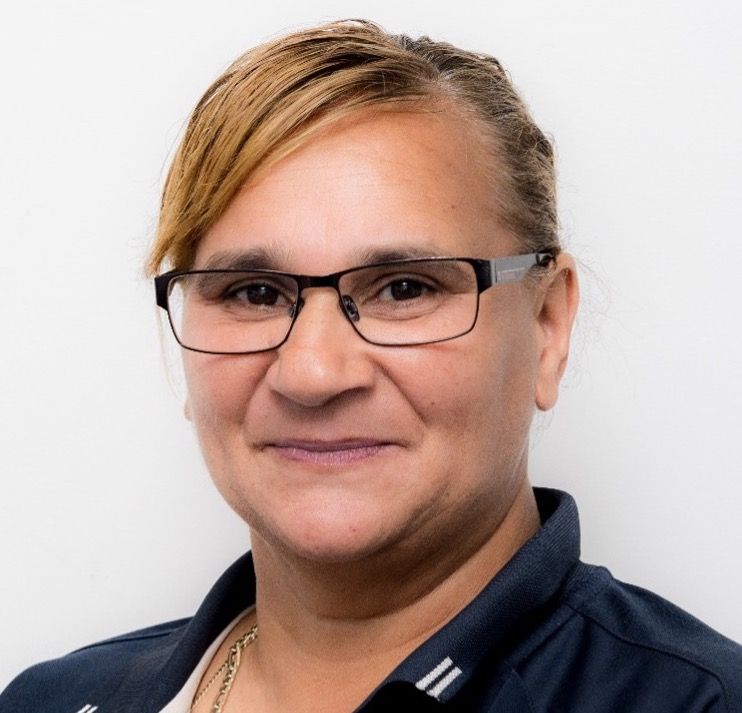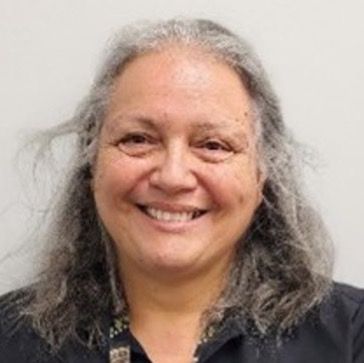Thank you for watching!
View any of our previous webinars on demand
Join various experts throughout this webinar series to learn about topics that are most important to the Indigenous community.
Speakers
Emma Taylor is a Research Officer at WACRH and is based in Geraldton, a regional town located four hours north of Perth, the state capital city. Since 2015 Emma has been involved with a national study to identify how Australian cancer services are working to meet the needs of Indigenous cancer patients. Emma has also been involved with research into developing and supporting the Indigenous health workforce, specifically the factors affecting the retention of Indigenous health professionals and students.
Sandra is a public health physician based in Geraldton. She has broad experience related to addressing health disparities with research interests include rural and Aboriginal health, prevention and management of chronic diseases, strengthening primary health care, systems and quality improvement, and the attraction/retention of health professionals in rural areas. She has a longstanding interest in improving Aboriginal cancer outcomes and is committed to approaches that help build community capacity, develop and strengthen partnerships in health program delivery, and strengthening engagement at the research-policy interface.
Lennelle Papertalk, also known as Lenny, is a Yamaji woman from the Midwest Region working at WACRH as a Research Assistant as the Community Engagement Project Officer. Her role includes data collection, engaging and advocating with the community, school and local organisations, and supporting interventions within the school and the local Aboriginal community, including culturally safe programs and development and coordination. Lenny also has a Master of Social Work completed at the University of Western Australia.
Leanne Pilkington is a Bindjareb/Palyku woman from Nyoongar and Palyku Countries in Western Australia. She is Senior Program Officer with Aboriginal Health Strategy. Leanne first began in WA Health in 1982 and in the Aboriginal Health cancer space since 2005 after working in Education, Aboriginal Aged-care, Respite and Home and Community Care. She is currently Senior Program Officer with Aboriginal Health Strategy at South Metropolitan Health Service, the current Chair of Cancer Council WA Aboriginal Advisory Group and Aboriginal Cancer Lead with the WA Cancer and Palliative Care Network. She is passionate about Aboriginal health, particularly women’s health and Aboriginal cancer, especially as many family members have various experiences with different cancers.





